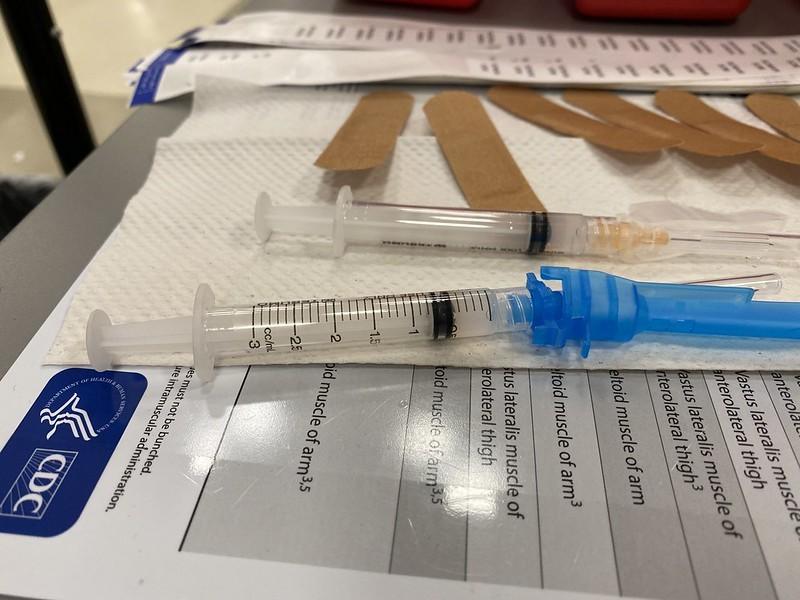A wastewater study in Australia suggests nursing homes could be a significant contributor to antimicrobial resistance (AMR), researchers reported yesterday in Microbiology Spectrum.
In the study, researchers from the University of South Australia collected wastewater samples from two residential aged care facilities (RACFs) and one retirement village in Adelaide. One of the RACFs had implemented an antimicrobial stewardship program 3 years prior to the study. The samples were collected at five different time points over 18 months (October 2019 to February 2021), and Escherichia coli were isolated and assessed for phenotypic and genotypic resistance. Whole-genome sequencing was conducted to identify resistance genes.
Higher incidence of AMR at one facility

Of the 93 antibiotic-resistant E coli isolates analyzed (58 from RACF 1, 27 from RACF 2, and 8 from the retirement village), 66.7% and 97.6% were resistant to ceftazidime and ciprofloxacin, respectively. In addition, high levels of resistance to trimethoprim-sulfamethoxazole (54.8%) and gentamicin (50.5%) were observed. A much higher incidence of resistance to cefepime (84.5%) and ceftazidime (98.3%) was found in RACF 1, while RACF 2 had higher levels of gentamicin resistance (66.7%).
Although all isolates analyzed in the study were resistant to at least one antibiotic, RACF 1— which did not have an antimicrobial stewardship program—also harbored a greater number of multidrug-resistant (MDR) E coli isolates, with 93.1% of isolates recovered from the facility shown to be resistant to at least three antibiotics, compared with 18.5% in RACF 2. Further analysis revealed the presence of the international high-risk E coli clone, ST131, and a higher prevalence of mobile resistance genes in RACF 1, as well.
The researchers say that while the study was limited to three sites and 300 residents, the findings suggest a wider problem, as inappropriate antibiotic use is known to be common in nursing homes.
"The results of this study highlight the need for ongoing surveillance of residential aged care facilities when it comes to medication use," lead study author Henrietta Venter, PhD, said in a university press release. "Given our ageing population, there is a crucial need to regularly monitor these facilities and mitigate the threat of AMR."

















